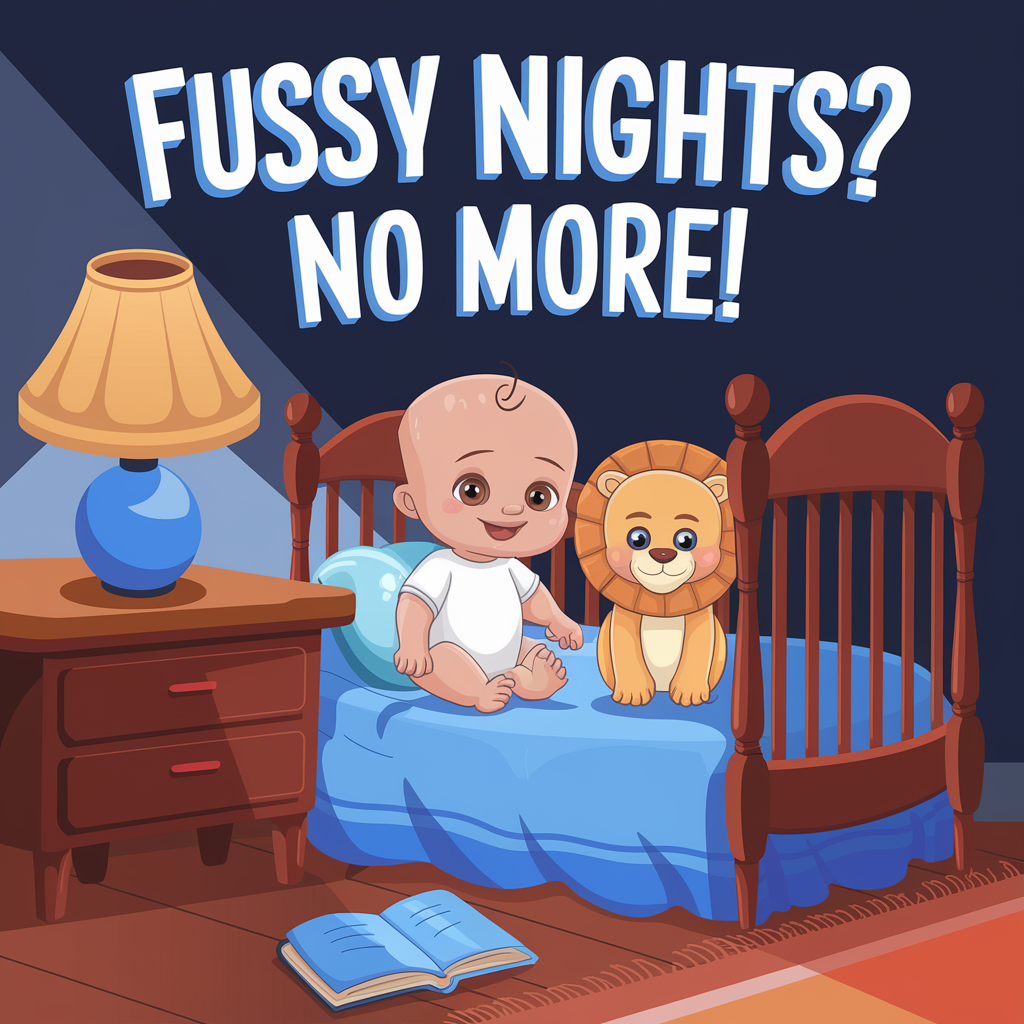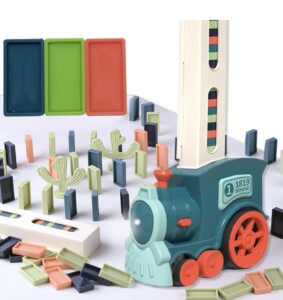
Why We Started Paying for Chores in the First Place
I’ll be honest — the idea of paying kids for chores used to bug me. Shouldn’t they just help out because they’re part of the family? But once we hit a wall with our kids ignoring responsibilities, we tried something new: chores for money.
It wasn’t about bribing. It became about teaching the value of work. When we started small — things like picking up toys or wiping off the table — and tied it to simple rewards, we saw a shift. Not just in their willingness to help, but in how proud they were to earn something.
We also realized that using tools like this Kids Daily Chores Checklist really helped them visualize what needed to be done. It gave structure and made the whole process feel more like a game.

What Chores Actually Work for Young Kids?
If you’re wondering what kind of chores to start with, we found that the simpler the better — especially with our younger ones. These are the real chores that worked well in our house with kids as young as three and four:
Easy Chores for Preschoolers
- Putting their dirty clothes in the laundry basket
- Feeding the dog (with supervision)
- Wiping up spills with a towel
- Setting napkins and spoons on the table
They don’t need to earn big bucks. Even a few coins added to a little “chore jar” can make them feel like they’re doing something important.
If you have a child with attention struggles like we do, using a visual planner like this ADHD Printable Planner for Kids kept us way more consistent.
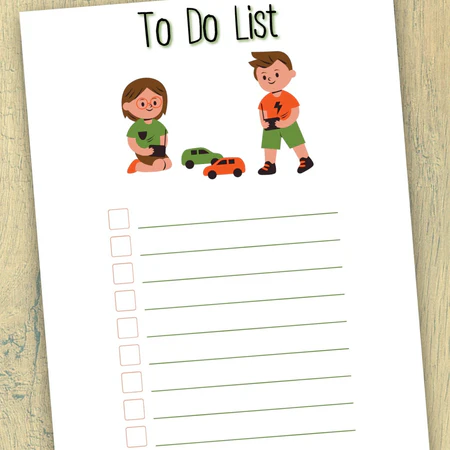
What Age Is Too Young to Start Chores for Money?
Honestly? I used to think you had to wait until kids were six or seven. But our three-year-old surprised us. When we gave him the tiniest responsibilities — like tossing his socks into the laundry basket or “helping” with dishes — and followed up with a reward, he lit up.
I’m not saying we hand over bills for basic stuff, but even toddlers love feeling helpful. If you’ve ever seen your toddler obsess over one toy or copy your every move, you know how eager they are to feel included. That’s the sweet spot where teaching chores starts to make sense.
We also used this daily chore checklist for kids as a sticker chart at that age. Super simple — and way more fun than nagging.

How Much Should You Pay Kids for Chores?
This is where it can get a little tricky. Some families use allowances, others tie payment directly to the chore. For us, we found a balance.
What Worked in Our Home
- Small coins for small tasks
- Bigger chores (like helping with dishes or folding towels) earned a dollar
- Consistency mattered more than the amount
If your kid is in that “I want everything I see at the store” phase, this is golden. It’s a way to teach patience and budgeting. We even used it to start conversations about giving and saving, which tied in perfectly with our lessons on family values.

What Chores Can Younger Kids Actually Do?
It shocked me how capable even a 3-year-old can be when given clear expectations. Not perfect, of course—but definitely able.
Chores for Younger Kids That Worked in Our House:
- Feeding the dog with help
- Putting their toys away
- Sorting laundry (just by color!)
- Watering plants with a small cup
- Wiping the table with a damp cloth
- Carrying small trash bags to the bin
You’d be surprised how a small task makes them feel big. When our toddler was going through that “won’t let me sit down” stage, giving him a purpose gave me a break and gave him pride.
We printed a simple chore checklist PDF to keep it visual and fun. Bonus: he can’t read yet, but those pictures helped him know exactly what to do.
And if your little one is on the more hyper side (been there), the structure of chores has even helped us manage some of the chaos that came along with our child’s ADHD tendencies.
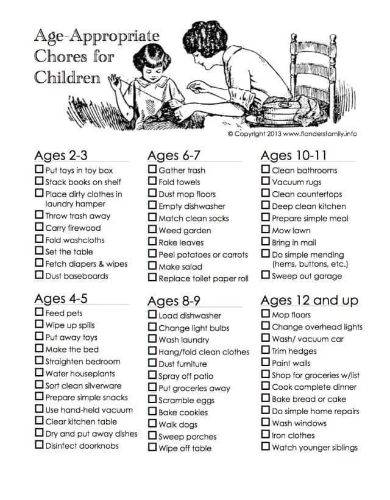
Do Chores for Money Teach Good Habits?
One hundred percent. It’s not just about the money. It’s about learning cause and effect, responsibility, and even how to handle disappointment when they don’t get paid for an unfinished job.
My older kid once cried when he didn’t earn his “dishwashing dollar” because he rushed and shattered a plate. It turned into a talk about effort over outcome — and how we can all try again tomorrow.
These small everyday things turn into big life lessons. When I look back, I’m grateful we started early. It helped bring less chaos and more structure to our days — which is a win in any parent’s book.
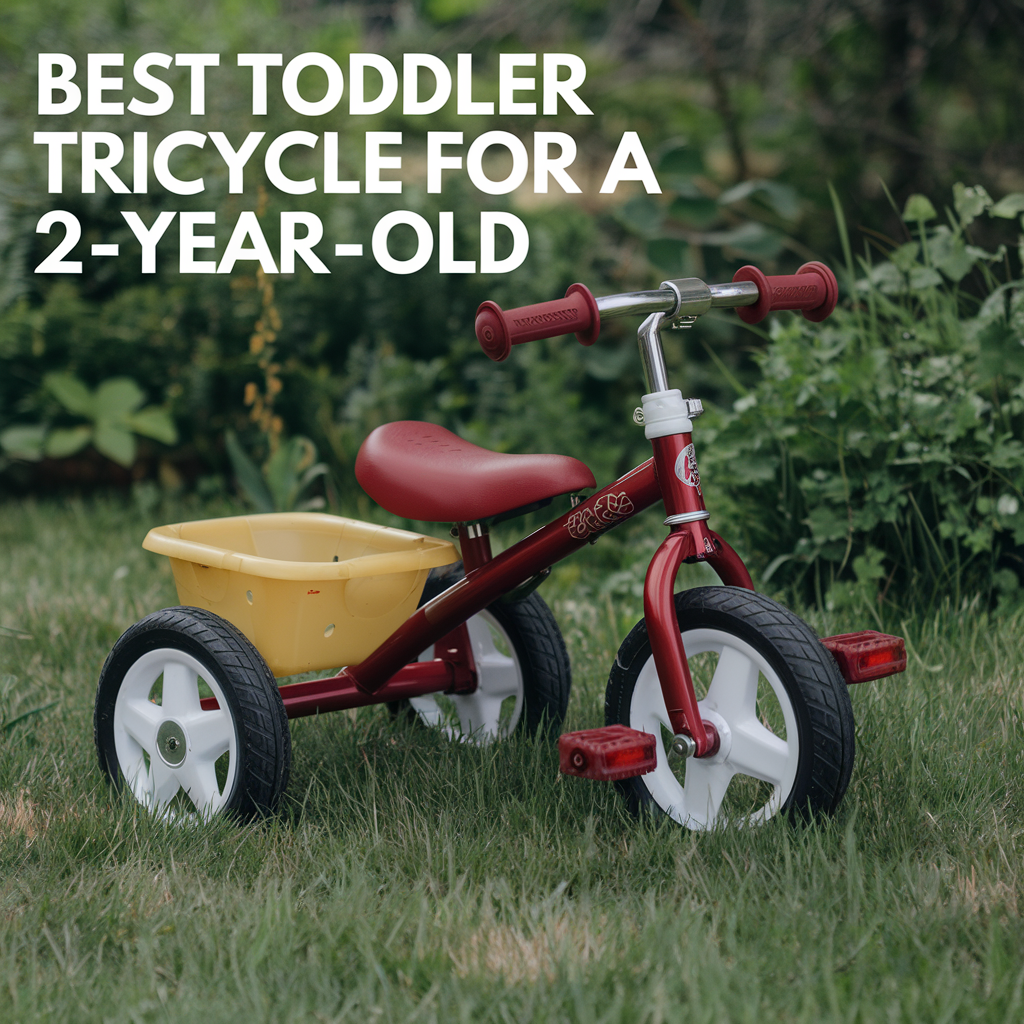
Should Kids Get Paid for Every Chore?
Honestly? That depends on the chore.
In our house, we separate chores into two categories:
1. Family Responsibilities (Unpaid):
These are the everyday tasks we do because we’re part of a family—like clearing your own dishes, putting laundry in the hamper, or helping clean up toys. These are expected, not paid.
2. Extra Jobs (Paid):
These are optional, above-and-beyond chores—like pulling weeds, cleaning baseboards, or washing windows. For these, we offer small amounts of money. Not a fortune, but enough to give them a taste of earning and saving.
This system has worked well for us, especially when paired with our printable chore chart checklist for kids. It visually separates regular tasks from the “money jobs” so there’s no confusion (or negotiation attempts 😅).
And if your little one struggles with follow-through—like mine with ADHD symptoms—it’s a lifesaver to pair this with a structure like our ADHD daily planner for kids.

How Much Should You Pay Kids for Chores?
We keep it simple. Most chores in our house earn $0.25 to $1.00 depending on the job.
Here’s what that looks like in our home:
- Cleaning the car interior: $1.00
- Helping pull weeds for 10 minutes: $0.50
- Wiping baseboards in one room: $0.25
- Washing plastic dishes: $0.75
It adds up slowly, but that’s kind of the point. Our goal isn’t to make them rich—it’s to help them understand hard work equals reward.
And when they finally saved enough to buy that toy or trinket they wanted, it meant way more than anything I ever bought for them.
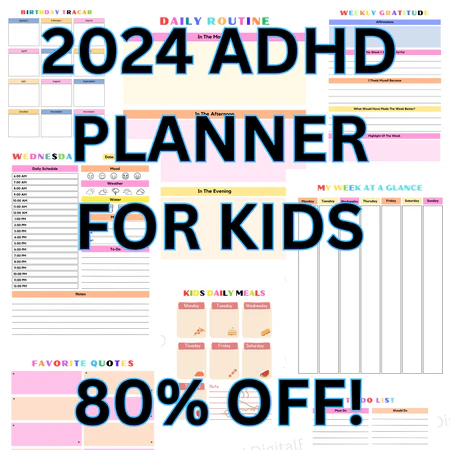
What Age Should Kids Start Doing Chores for Money?
We started with small chores around age 3 or 4, like helping feed the dog or putting away toys in exchange for a sticker or coin. At that age, it’s more about building a sense of responsibility than about the money.
By age 5 or 6, our kids started understanding simple transactions and savings. That’s when we started offering coins for extra jobs, and helping them set up a clear jar system—one for saving, one for spending, and one for giving.
If you’re wondering what chores are age-appropriate, we listed our own routine in our article on chores for toddlers and preschoolers, which can help make this feel more doable.

What Can Kids Learn From Earning Money?
So much more than just math.
When my son saved for weeks to buy a toy, he treated it like gold. That was a huge shift from toys that were just handed to him. He’s learning:
- Patience
- Delayed gratification
- Budgeting basics
- How to make choices (Do I want this now? Or save for something bigger?)
We talk often about generosity too, and how he can use his “give” jar to bless someone else. It’s powerful stuff, and it all started with him wiping down a kitchen chair for a quarter.
Want a system that lays this out easily? Our printable Kids Daily Chore Checklist gives you a ready-to-use format that helps everyone stay on track (and saves your voice).

How to Track Chores and Payment Without Losing Your Mind
I’ll be honest: trying to remember who did what and who earned what used to drive me nuts. Between dishes, feeding pets, and sorting laundry, I couldn’t keep it all straight.
That’s when we started using a visual checklist on the fridge. Something our kids could mark off themselves. It made them feel proud, and it kept us from forgetting who earned what.
You can grab a ready-to-print version like this Kids Daily Chores Checklist PDF that we’ve used and loved. Simple, visual, and effective.

Should Chores Be Tied to Money or Just Expected?
This is a hot topic. Some chores in our house are just expected—like cleaning up your toys or putting your dishes in the sink. They’re part of being a family.
But if they want to earn extra cash, there are bonus chores they can do, like:
- Wiping down the baseboards
- Cleaning out the car
- Watering plants
- Organizing the bookshelf
We explained this to our kids like, “Some things you do because we all pitch in. Other things you can do to earn and learn about money.” That clear line helped a lot.
Also, for kids with focus struggles like one of ours, the ADHD planner PDF helped him stay on track with both regular and paid chores.
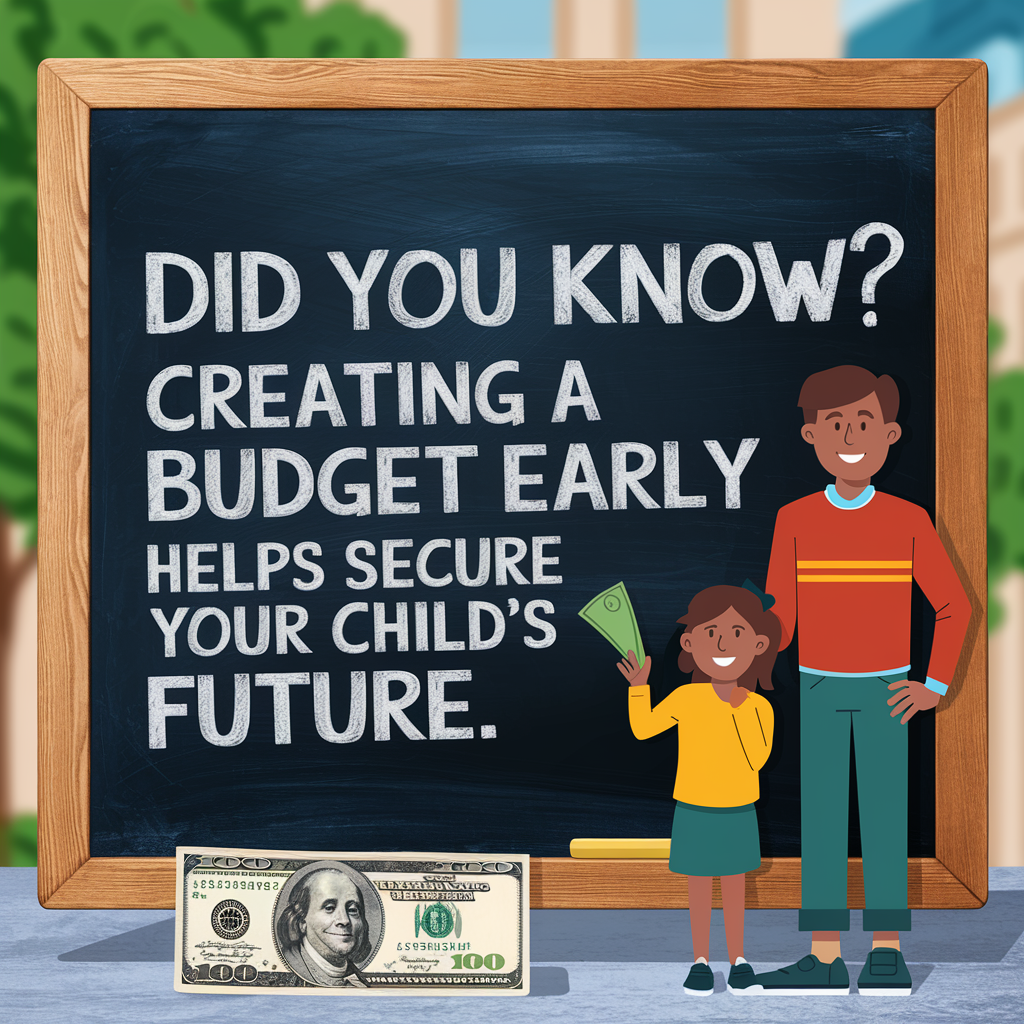
How Much Money Should You Pay Kids for Chores?
This was tricky at first. We didn’t want to overpay for a simple task like taking out the trash, but we also didn’t want to make it feel like their work didn’t matter.
What worked for us was keeping things small and age-appropriate:
- A few quarters for basic tasks like sweeping or wiping the table
- A dollar or two for bigger jobs like helping clean out the car
- A weekly allowance if they did all their assigned chores without reminders
You don’t have to pay with cash every time either. Sometimes, we’ll say, “You’ve earned a special treat,” or let them choose the family movie night pick. The point is helping them understand that work = reward, even if it’s not always money.

Making Chores Fun So Kids Actually Want to Do Them
Nobody wants to nag their kid all day. That’s just exhausting. What made a huge difference in our home was turning chores into a game.
We’d set a timer and race to finish certain jobs. Or play music and call it “family clean-up dance time.”
You can also let them earn stickers or tokens that trade in for something later—like a trip to the park or time with a favorite toy. This works especially well with younger kids and keeps things positive instead of a constant battle.
If you’ve got a little one who thrives on structure, using fun printable chore charts like the one here helps a lot. Kids love seeing progress, and it makes the routine feel more like a mission than a job.
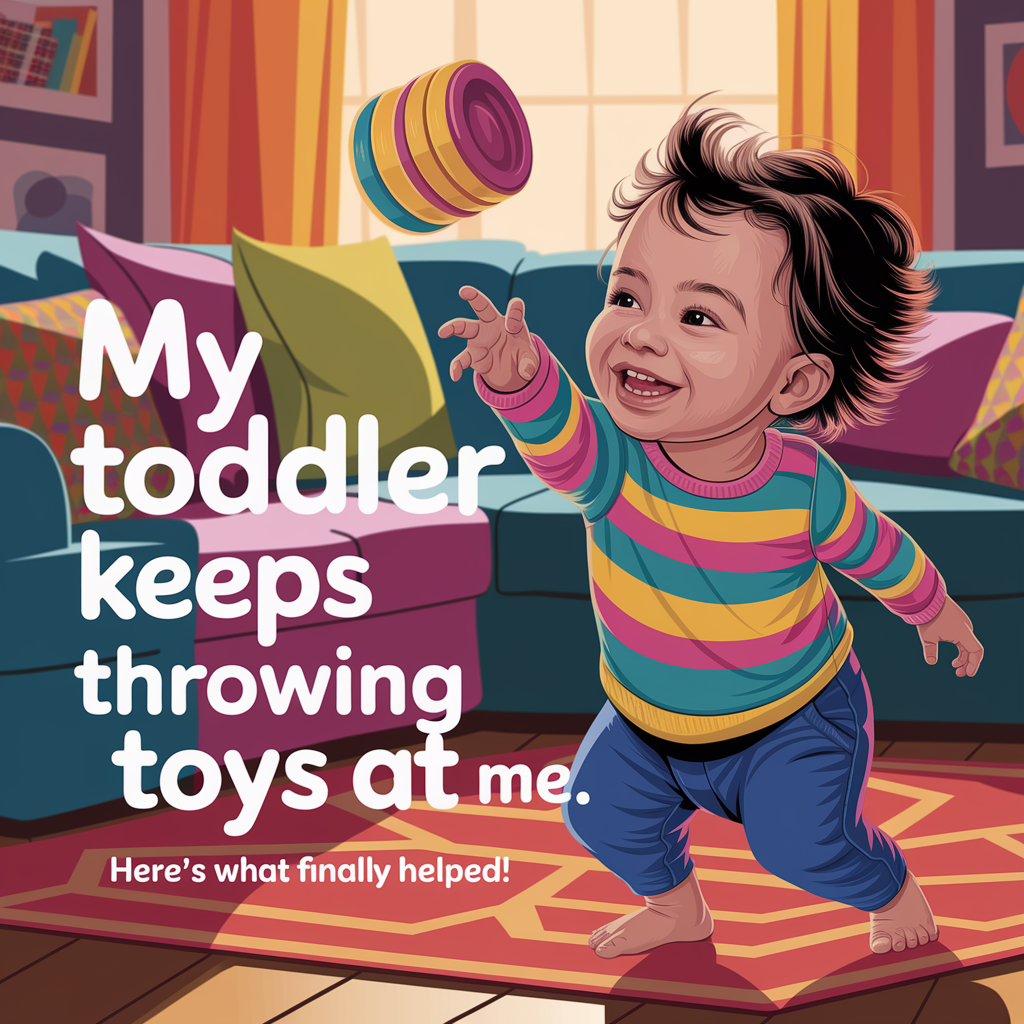
Teaching Life Skills That Stick
Letting our kids earn money through chores isn’t just about cleaning up messes—it’s about building responsibility and teaching real-world lessons they’ll carry for life.
They learn how to:
- Show up and contribute to the family team
- Manage the little money they earn
- Take pride in a job well done
Even if the chore is just setting the table or picking up blocks, they’re learning that effort matters, and that’s huge.
And if your child struggles with focus or follow-through, especially with ADHD, having tools like an ADHD-friendly planner can help turn chaos into calm when managing chore routines.
At the end of the day, doing chores for money isn’t about raising perfect kids—it’s about raising capable ones. The few dollars they earn now might be small, but the confidence and habits they build? That’s priceless.
As an Amazon Associate we earn from qualifying purchases through some links in our articles.
